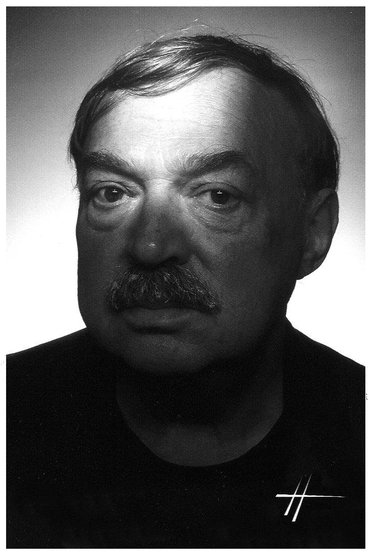
Jean Asselmeyer
Jean Asselmeyer is a documentary filmmaker and committed activist. Born on January 11, 1944, in Mulhouse, he has lived between France and Germany, where he campaigned alongside revolutionary figures such as Rudy Dutschke.
Jean Asselmeyer has lived between France and West Germany since 1967-68. In 1967, he was active in the Federal Republic of Germany alongside Rudi Dutschke, known as "Rudy the Red," in the Socialist Socialist Party (SDS), then in the German Red Aid, and was close to the "anti-imperialist" publishing house "TriKont" (Tricontinental). In 1973, he founded a revolutionary group and reportedly led a guerrilla training course himself. He was the liaison between the defenders of Andreas Baader and the revolutionary groups in Munich.
In 1976, he returned to France, where he founded the magazine Combattants anti-impérialiste (Anti-Imperialist Fighters). At that time, in the mid-1970s, he was one of the main leaders of the "International Committee for the Defense of Political Prisoners in Western Europe" (CIDPPEO), founded in Utrecht, the Netherlands, in December 1974 at the initiative of an international collective of lawyers, including Klaus Croissant. He organized the entire campaign in France to support and defend West German prisoners, and wrote articles in the press under various pseudonyms.
As a filmmaker, Jean Asselmeyer participated in the 1975 production of "De Qui Dépend Que L'Oppression Demeure?" (On Whom Does Oppression Remain?) by Pierre-André Boutang and Fred Mohr, a film about the armed struggle in Germany, broadcast on TF1. He also worked with influential German directors such as Rainer Werner Fassbinder and Volker Schlöndorff. Later, he founded Ondes sans Frontières, the first non-profit television station authorized to broadcast in France.
His career was marked by strong political commitment, particularly in support of prisoners of the Red Army Faction. He was charged in 1984 with "criminal conspiracy" and sentenced to seven years in prison in 1988 for providing material assistance to Action Directe. From September 15 to October 23, 1985, he went on hunger strike in solidarity with prisoners in West Germany.
His film career continued with documentaries on Algeria, including Regards D'en Face - Algiers (2003), André Ravéreau and Algeria (2019), Ils Ont Rejoined the Front (2012), Ils Ont Choisi L'Algérie (2007), and Deux Vies Pour l'Algérie Et Tous Les Damnés De La Terre (2025).
He has also produced reports for ARTE and TV5, addressing cultural and political themes.
Known For
Directing
Born
1944-01-11
Place of Birth
Mulhouse, Haut-Rhin, France